the phrase "anti-vax" isn’t a label, it’s a weapon. it’s used to shut down discussion, discourage critical inquiry, and oversimplify a subject that demands nuance. people who throw it around love to call themselves “pro-science,” but dismissing honest questions about medical interventions is anti-scientific at its core.
science is skepticism. it’s built on the idea that no claim is beyond question, no authority immune from challenge. breakthroughs in medicine—whether it was rejecting the idea that bloodletting worked, discovering germ theory, or realizing smoking caused cancer, all happened because someone challenged what everyone else was sure was true.
if someone questions vaccine safety or efficacy and is instantly dismissed as “anti-vax,” that’s not science, it’s ideology. the assumption that no medical product should ever be questioned is an abandonment of the scientific method itself.
no drug, no vaccine, no medical intervention is so perfect that it should be above scrutiny. history is full of examples of interventions once thought “safe and effective” that were later revealed to be harmful: thalidomide, DES, Vioxx, early hormone therapies. if a vaccine, or any product, is as good as claimed, it should withstand constant testing and open debate, without needing social or political enforcement.
“anti-vax” oversimplifies an entire field of science into a black-and-white caricature. it assumes that questioning a specific vaccine or policy is the same as rejecting vaccination altogether. that’s false. there are legitimate reasons people question vaccines:
- prior vaccine injury, either personal or in family
- religious or philosophical beliefs
- concern over specific components (like aluminum or synthetic lipids)
- individualized risks based on medical history, autoimmunity, or genetics
this is not ignorance or denialism, it’s skepticism. skepticism is the engine of science.
calling someone “anti-vax” to avoid confronting their evidence is pure anti-science. if someone presents data on vaccine injuries, efficacy problems, or contradictory research, the correct response is to analyze the evidence, not to slap on a label and walk away. we’ve already seen this play out in history, sv40 contamination in polio vaccines, narcolepsy from the pandremix flu shot, rotashield pulled due to intussusception risks. real, documented harms were dismissed at first. but the evidence spoke louder.
the government has paid over $4 billion in vaccine injury claims. the manufacturers are shielded from liability under the 1986 act. this creates a system where questioning safety isn’t just logical, it’s necessary.
and here’s the deeper problem: if vaccine makers are above criticism, they have zero incentive to make products safer. without accountability, there’s no progress. medical history is filled with interventions that were later abandoned because critical scrutiny revealed the truth. mercury, lead, asbestos, countless pharmaceuticals. why should vaccines be the onecategory exempt from this process? calling dissent “anti-vax” doesn’t protect public health, it protects corporate interests.
Calling someone “anti-vax” isn’t about science at all, it’s political. science doesn’t work by consensus, censorship, or social pressure. it’s not “the majority rules.” truth isn’t determined by polling experts or banning alternative views from social media. if a claim needs censorship to survive, it’s not science, it’s propaganda.
Real science invites dissent, because that’s how it gets stronger. it refines itself through challenge. when you use “anti-vax” to silence questions, you’re rejecting the core principle of science: that truth emerges from open, relentless inquiry, not from enforced conformity.
If you use “anti-vax” to shut down discussion, you’re not defending science—you’re betraying it.


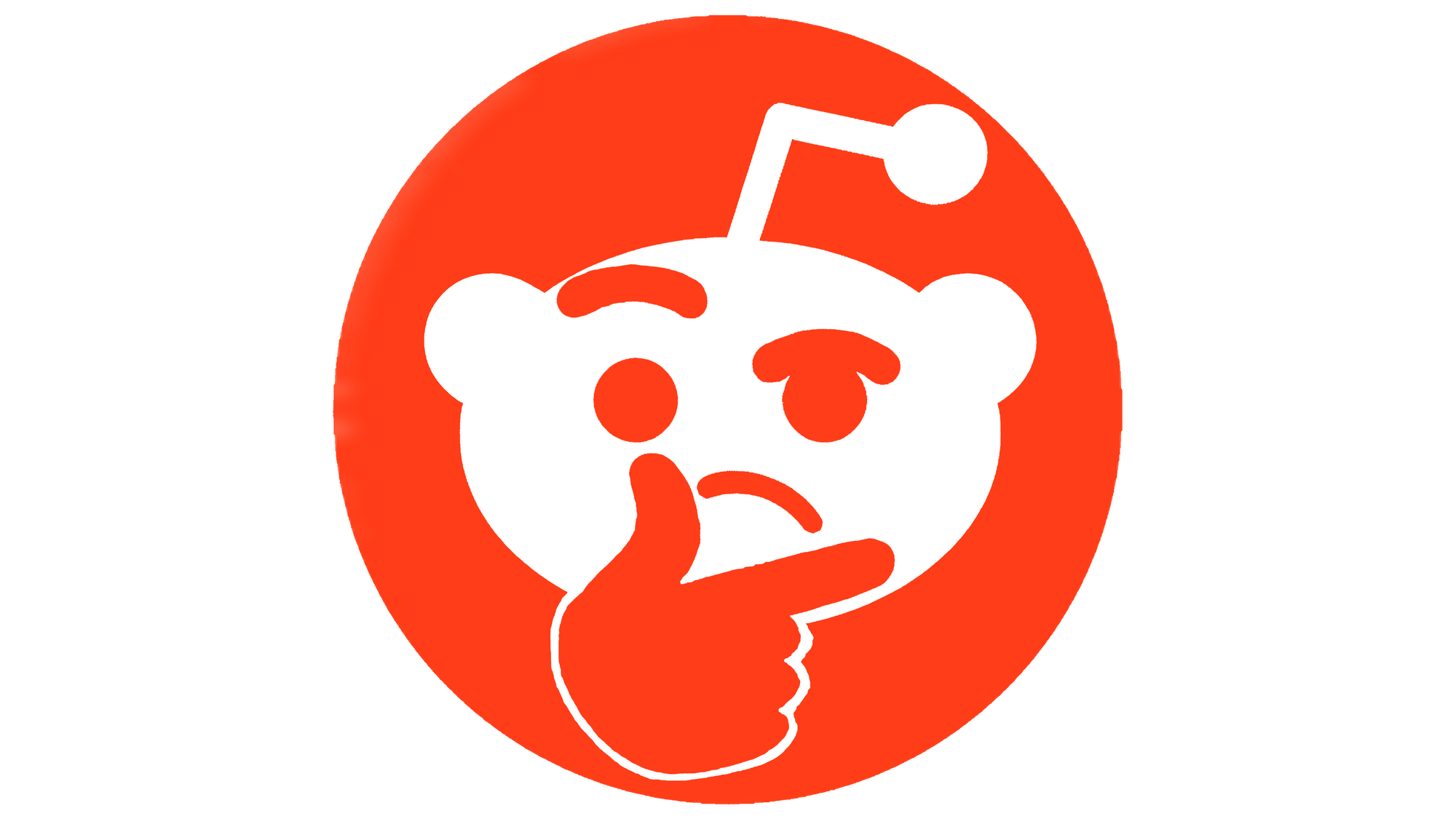
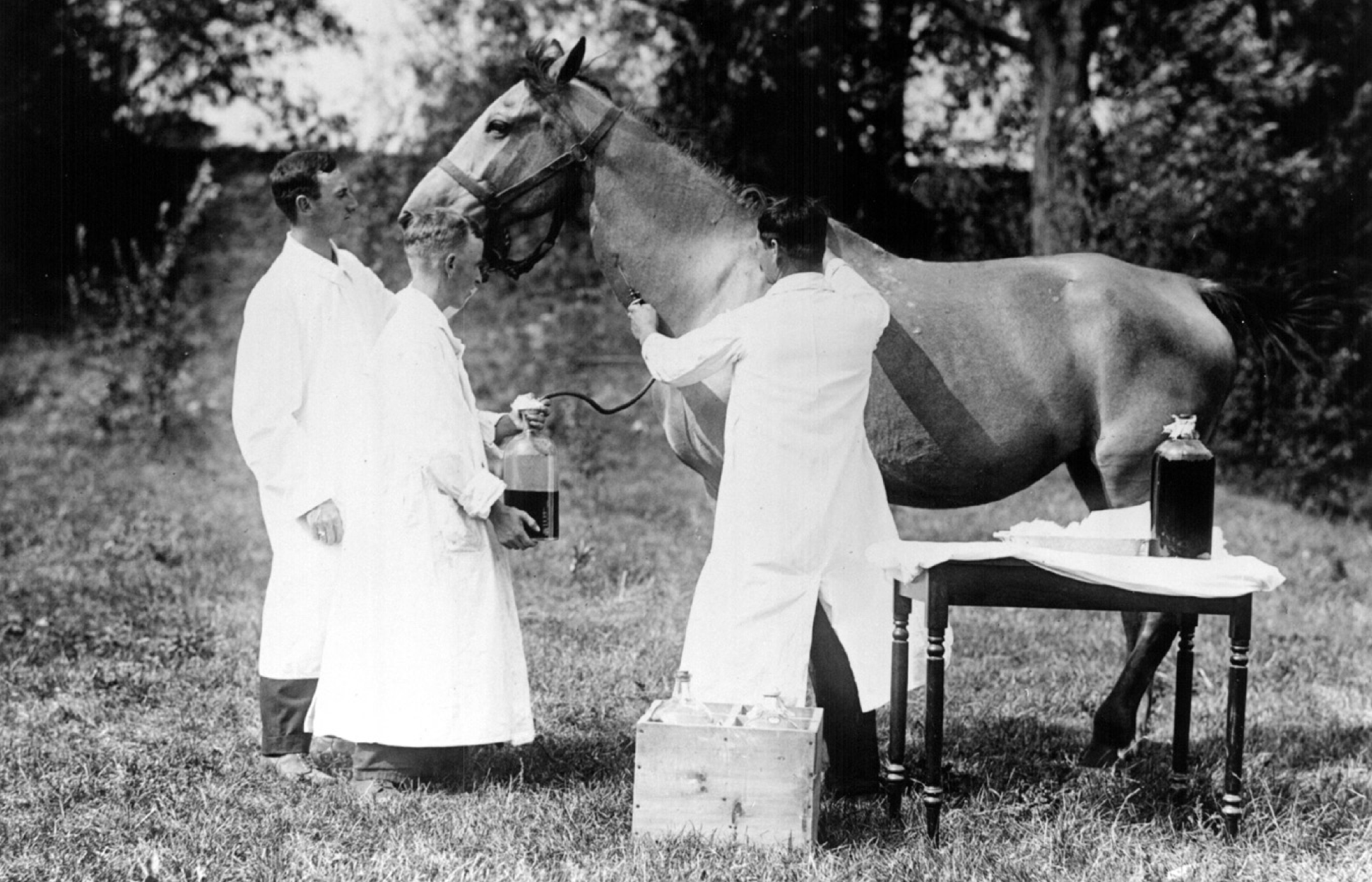

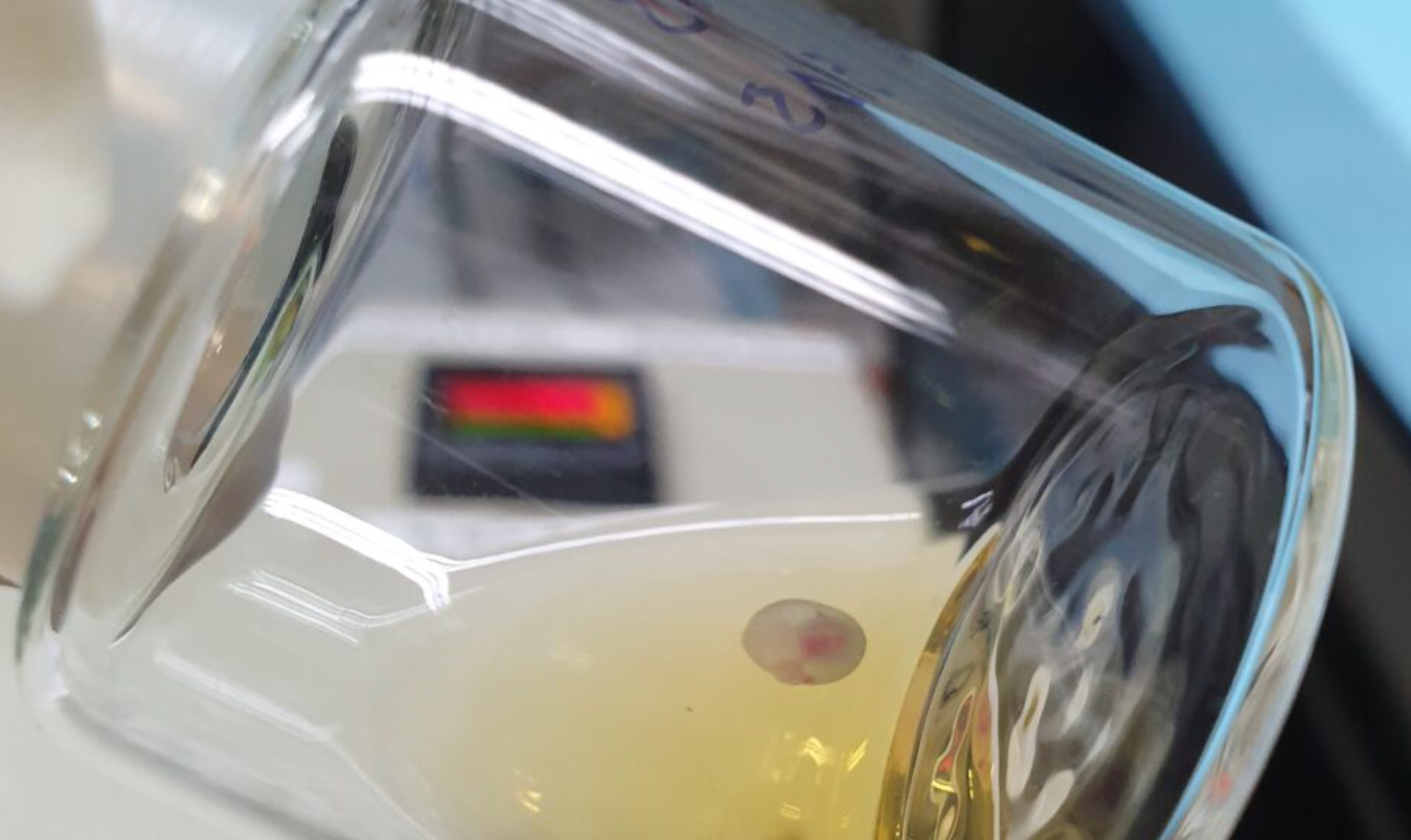
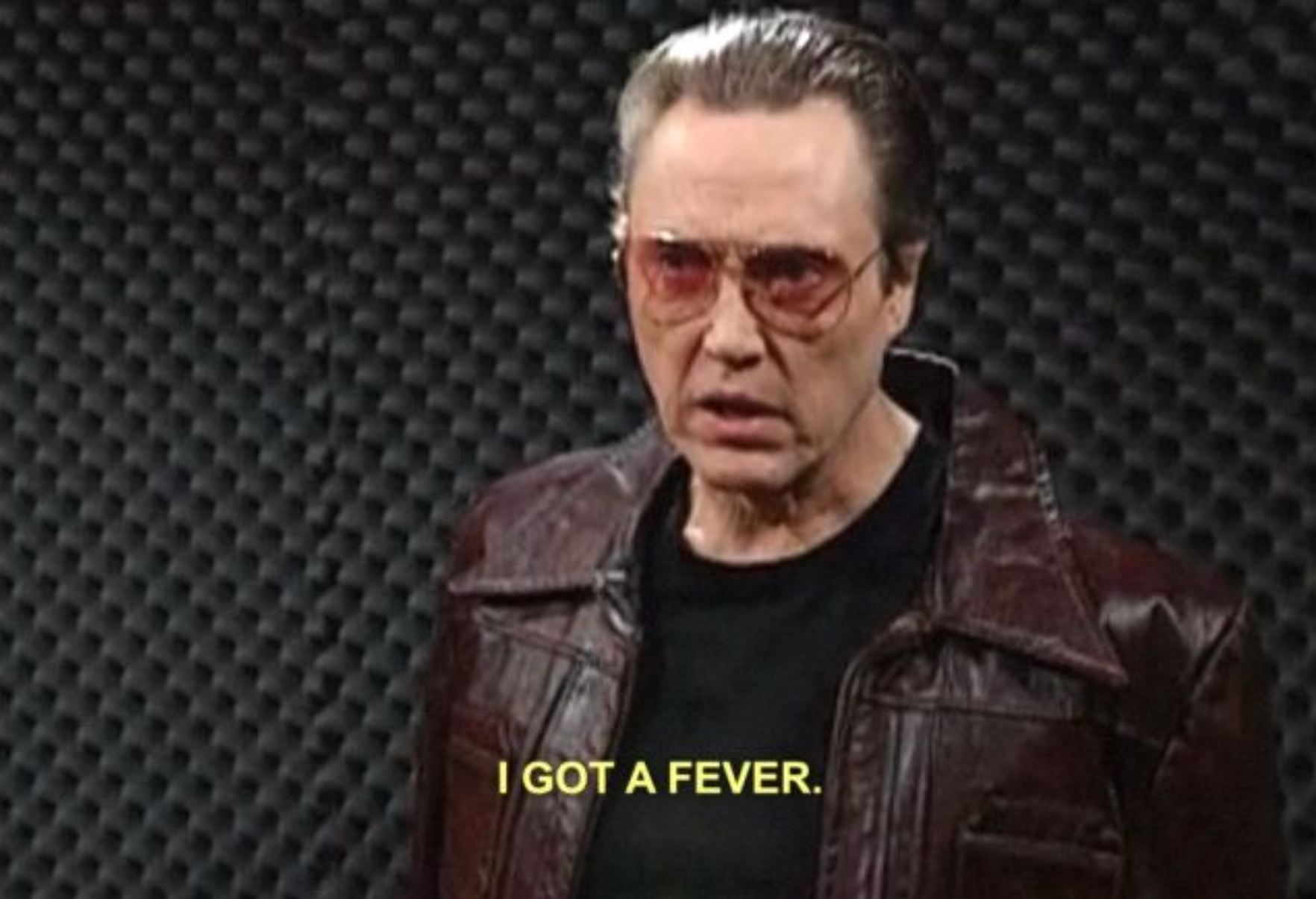
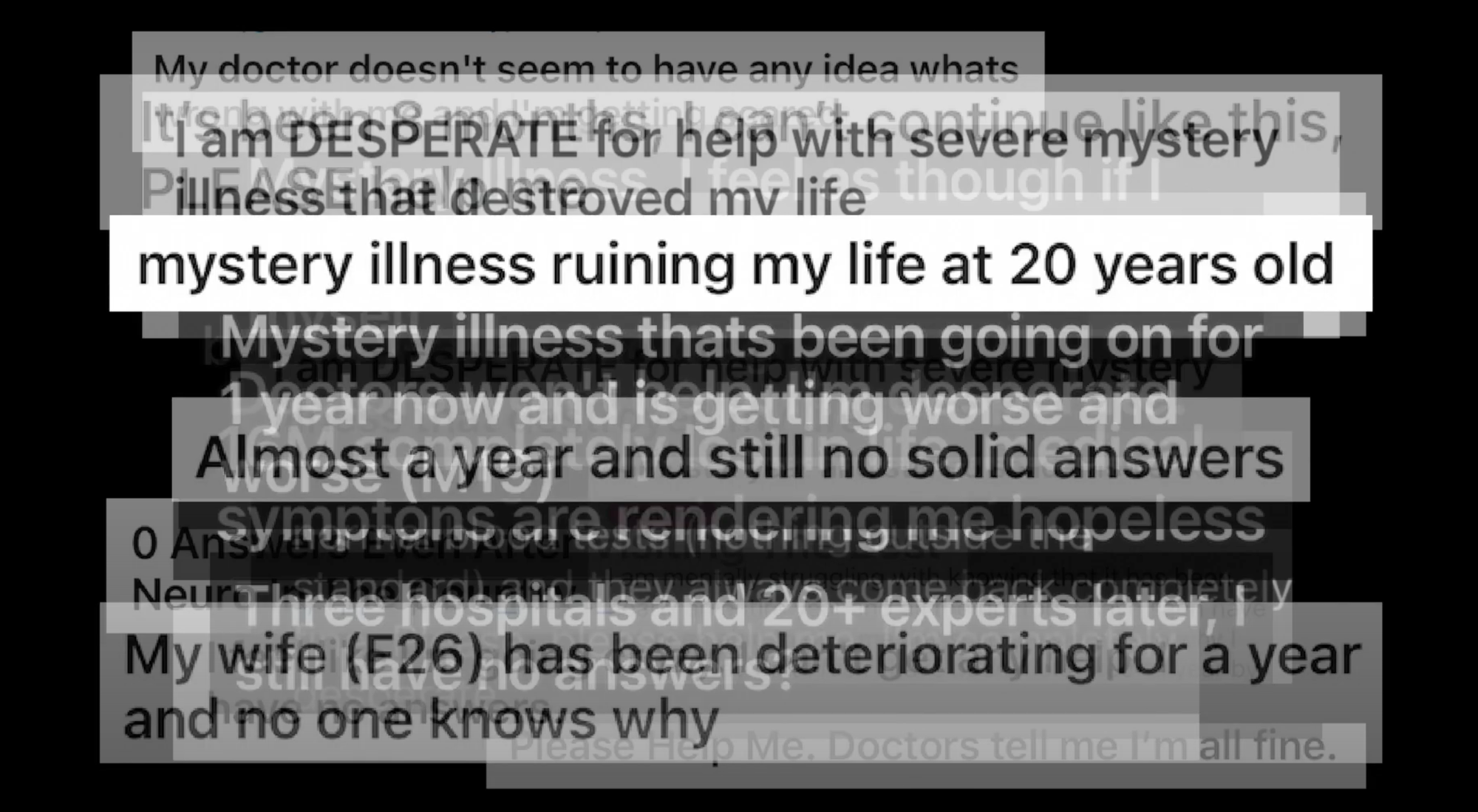
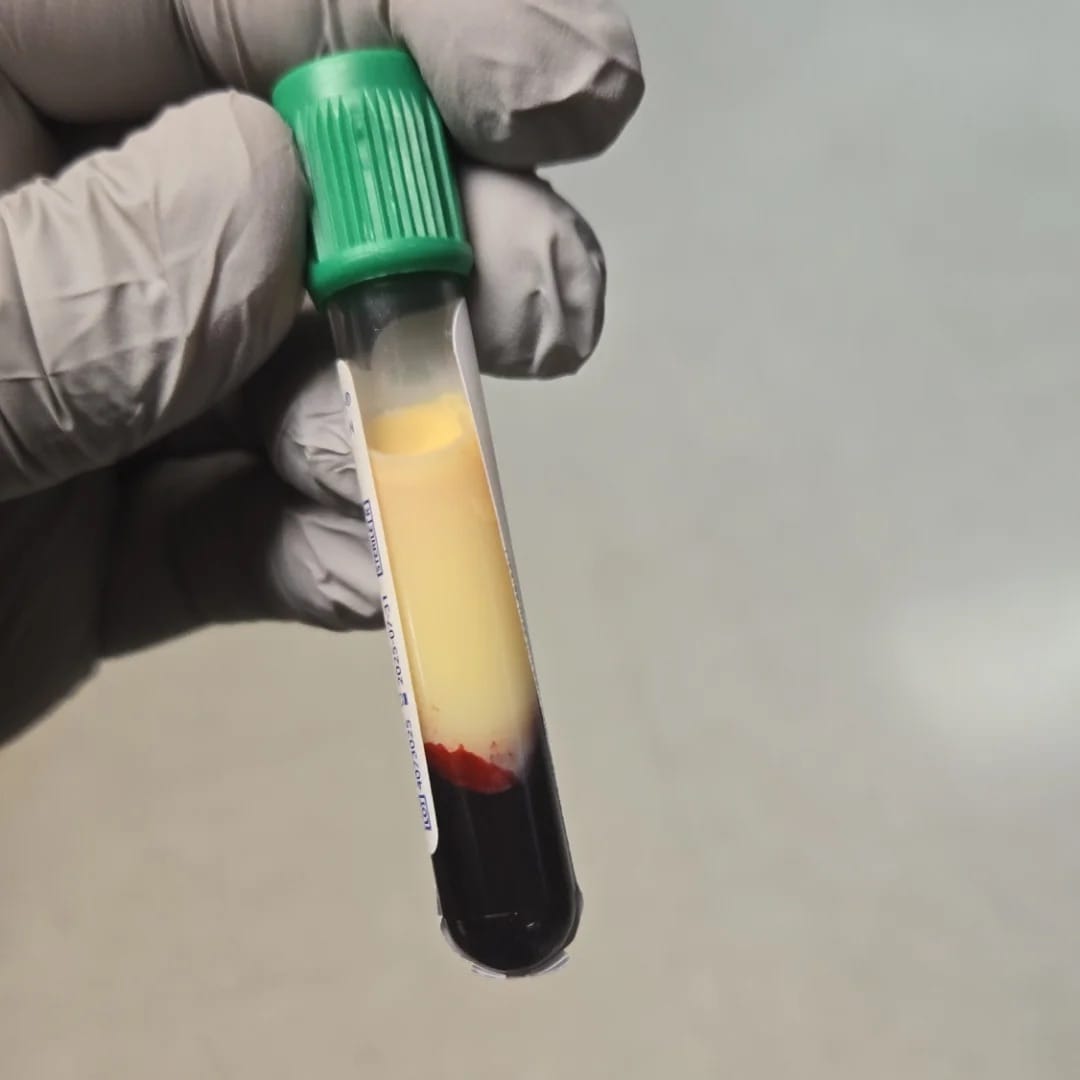
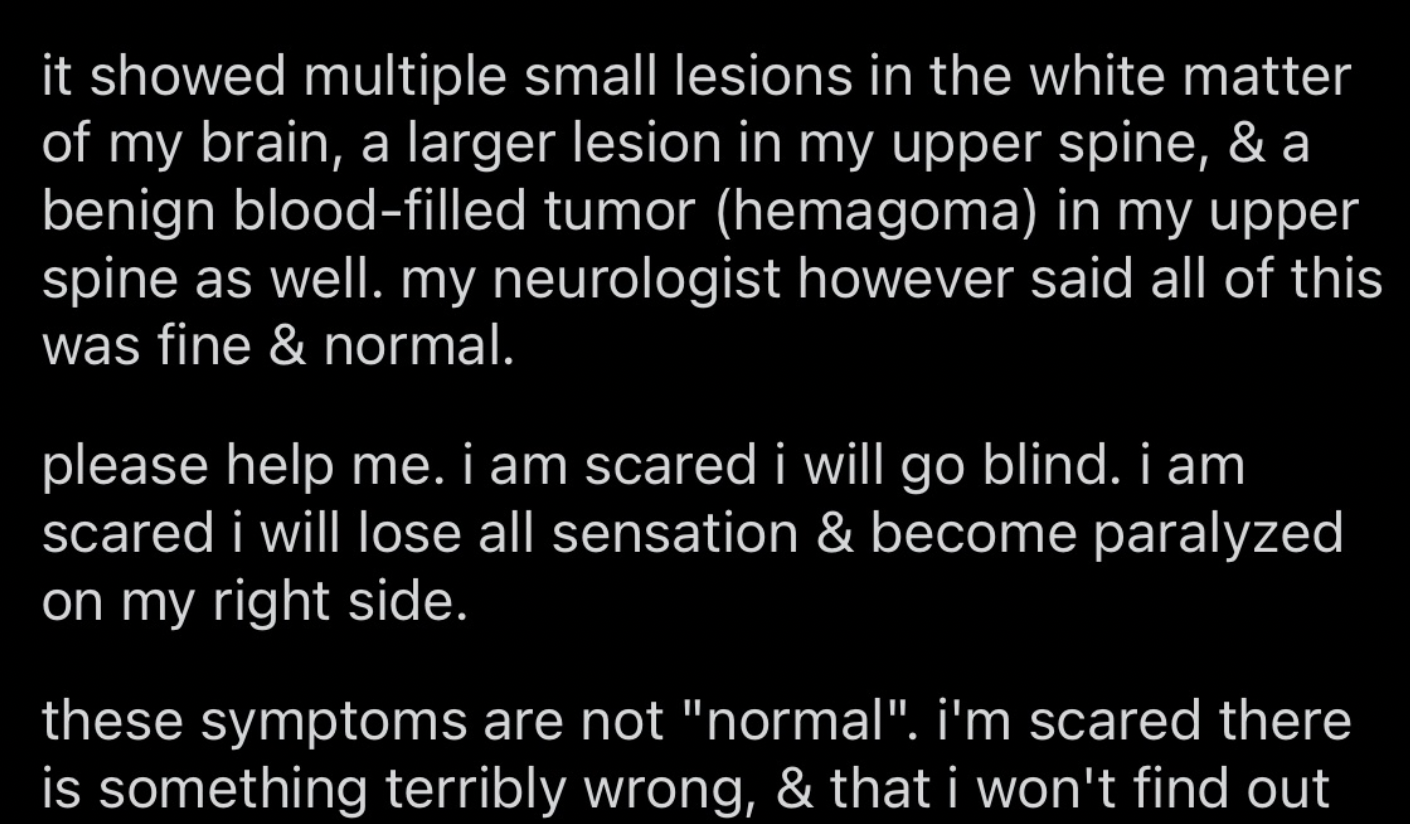


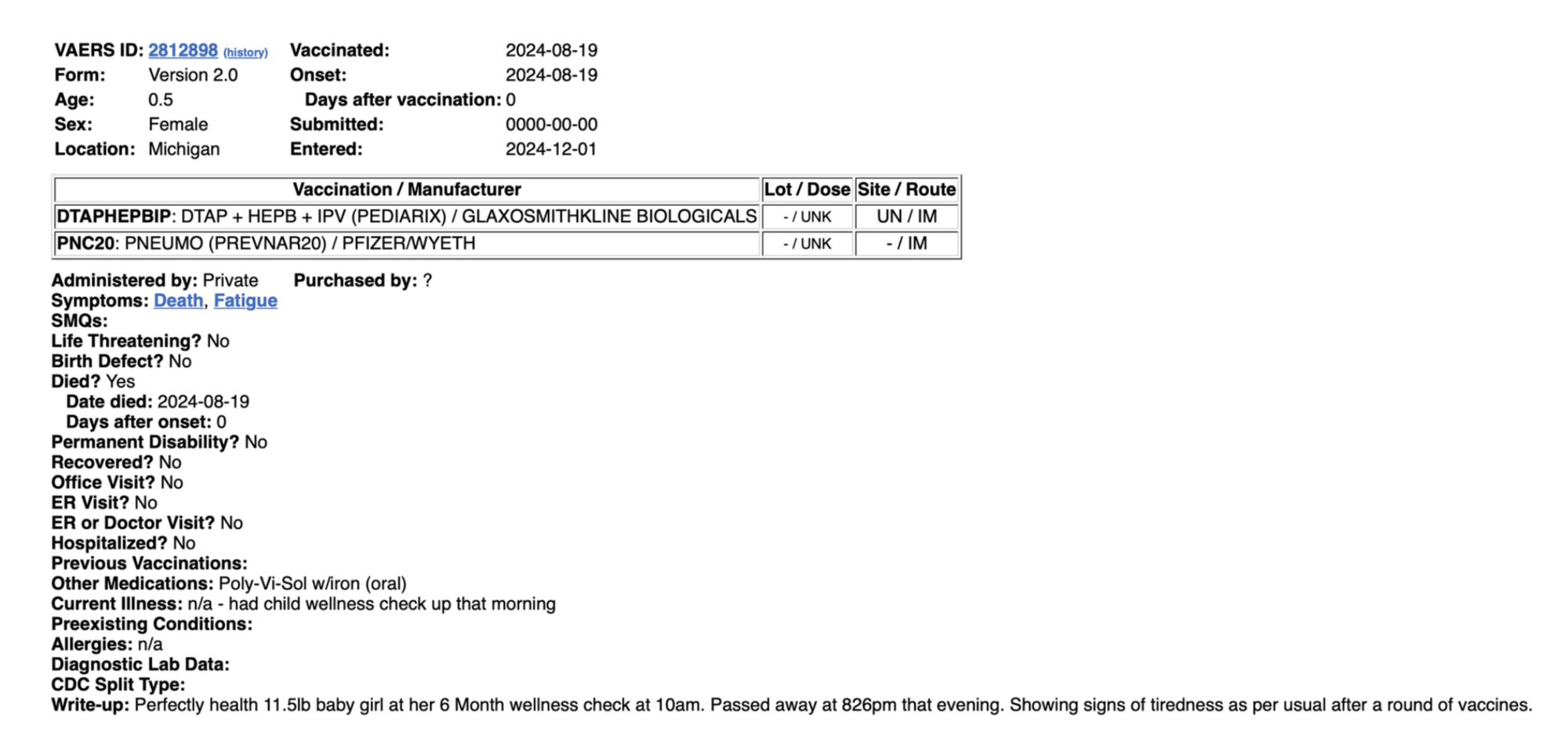
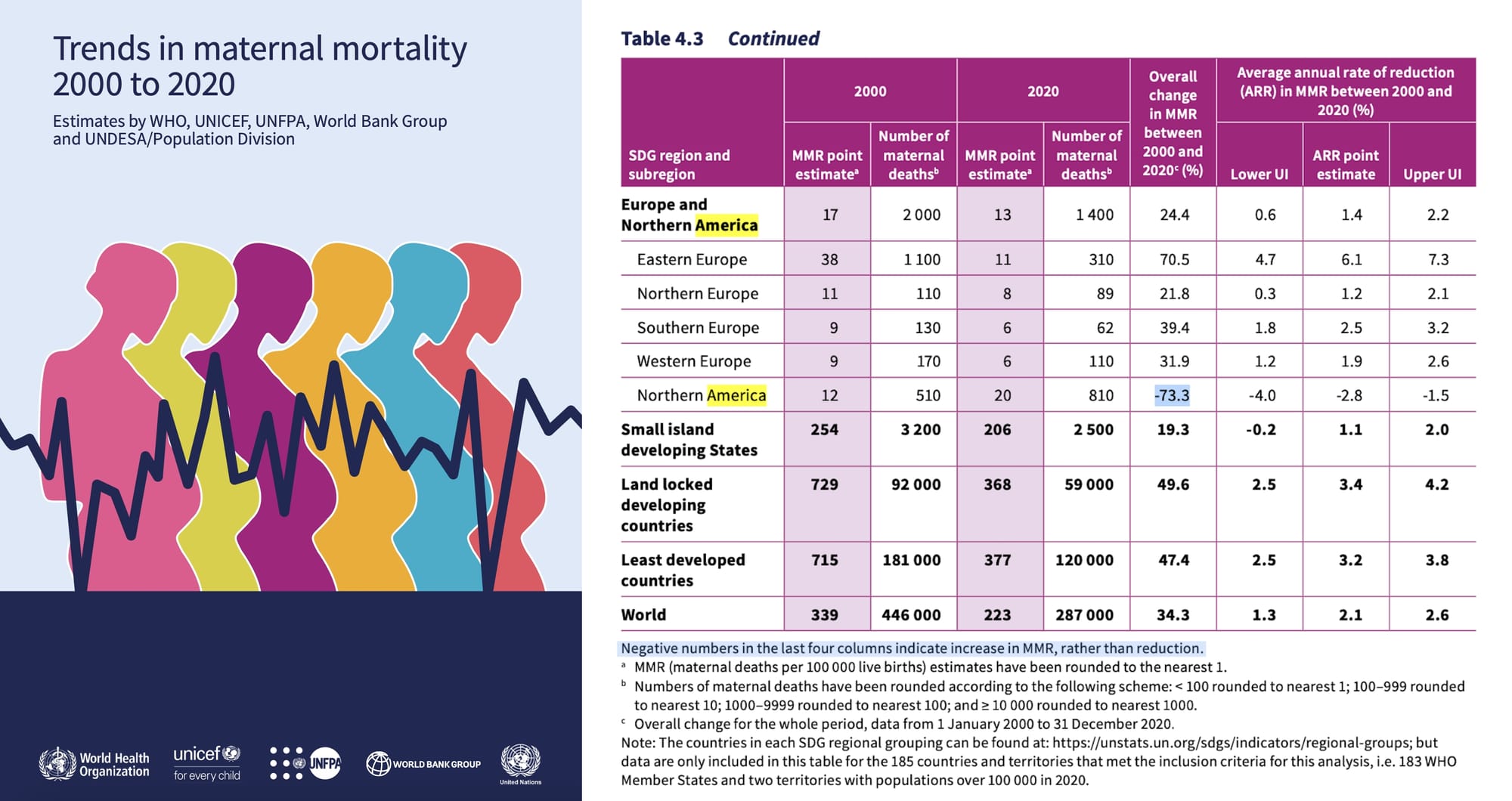
Discussion